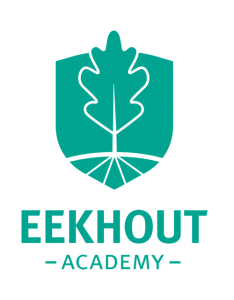Innovation at school: inclusion, autonomy and flexibility
Bruges (Flanders – Belgium)
ErasmusPlus-InServiceTraining
Pre-Registration
Would you like to participate in this course next school year 2020-2021? Please make a pre-registration so we can keep you informed about this course.
Final Registration
You want to confirm your participation for this course in the schoolyear 2020-2021?
Dates can be subject to change and are only final after official confirmation by the course provider.
CONTENT
HOW AUTONOMY AND FLEXIBILITY CAN ATTRIBUTE TO A BETTER QUALITY OF EDUCATION
The course is organized in the famous medieval city of BRUGGE ( BRUGES – FLANDERS – Belgium). Participants are lodged in a nice hotel.
Belgium is a federal state where the competences on education are completely devolved towards the 3 Communities. The Flemish Community of Flanders has full and complete autonomy on the organization of its educational system and educational policy.
An exploration of the Flemish education system may be interesting, since the PISA results show that Flanders is a good performer in reading literacy, mathematical literacy and scientific literacy.


Furthermore the Flemish education system is based on a lot of autonomy for schools (School Boards). On the pedagogical level, this autonomy and flexibility is repeated for teachers.
Recently a lot of schools are exploring and experimenting new ways of organising the school structure, the curriculum, teaching methods …
The course integrates input and background with study visits to schools in Bruges and/or Ghent and a visit to the National Authority (Ministry of Education or a National Network of School Boards) in Brussels. At those moments a cultural programme is added to the course.
The communication and course language is English.
PRACTICALITIES
BRUGES
The course is organized in Bruges (Belgium). The historic centre of Bruges has been designated a UNESCO World Heritage Site.
The course sessions are programmed in a renovated abbey just outside the centre of the city and the participants stay in a nice hotel.
COURSE FEE
– We offer a flexible cost structure, allowing you to select the package that fits best your personal or school situation.
– For a detailed explanation, have a look at our ‘Cost Structure‘.
FUNDING
– You can request an Erasmus Plus grant from your national agency which will cover almost all costs of this course.
– We can guide you through the process of funding and application. To do so, you need the make a pre-registration.
– After pre-registration, we’ll contact you by mail and provide the application help.
There is a very easy train access from Brussels – Zaventem Airport to the city of Bruges. The train station is located at the airport on level -1 at a small distance from the arrivals hall.
The travel time from the airport to Bruges is about 90 minutes.
Some train connections require a change of train in the train station of Brussels (Brussel Noord, Brussel Centraal or Brussel Zuid).

